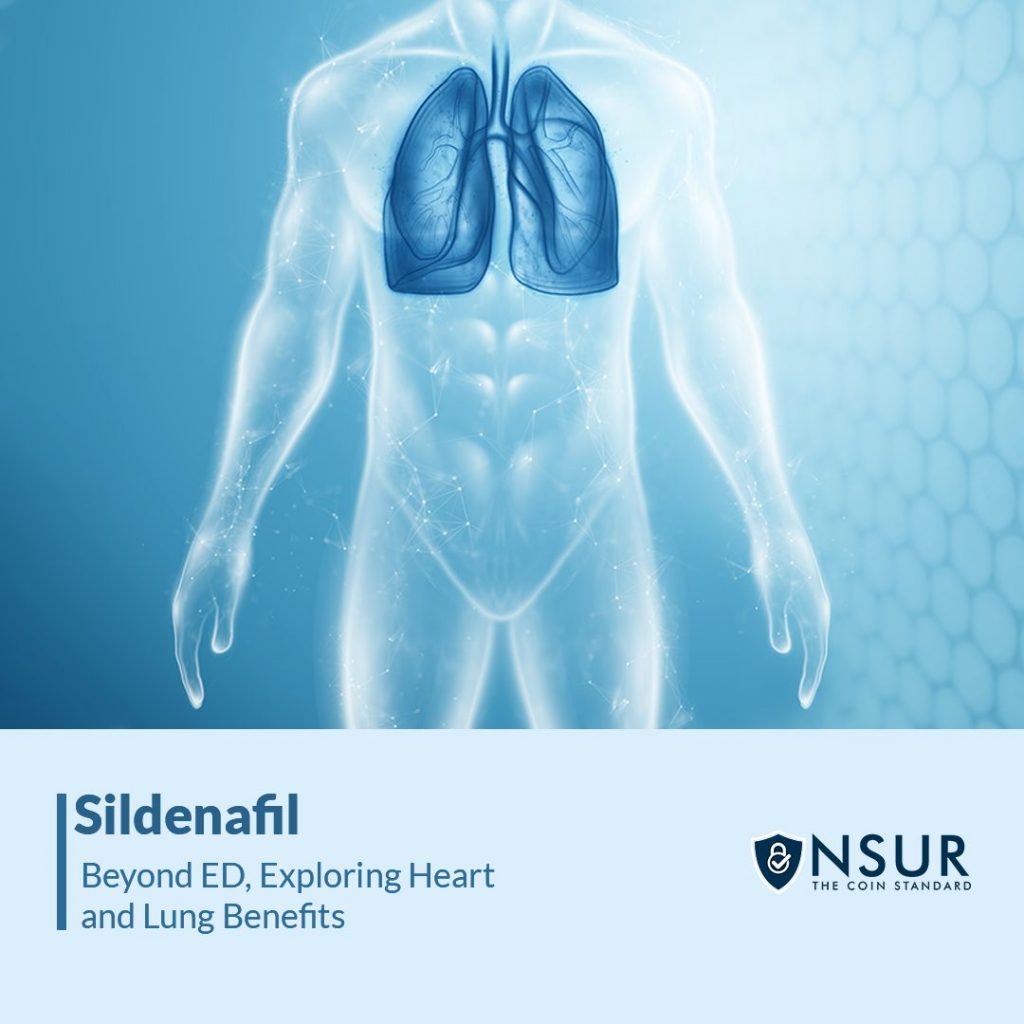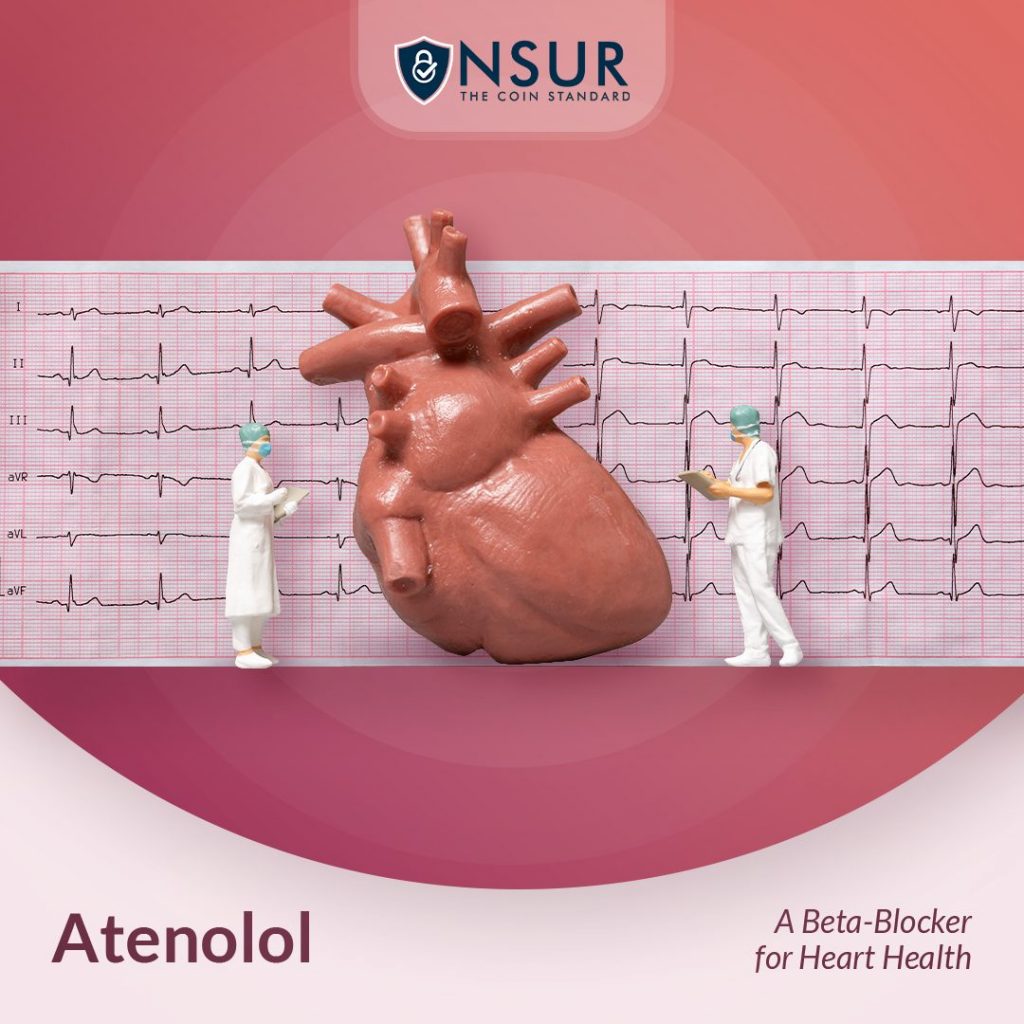
Rheumatoid arthritis (RA) is a chronic, autoimmune disease that causes inflammation and pain in the joints and other parts of the body. Managing RA effectively is crucial for improving quality of life, reducing pain, and slowing disease progression. The introduction of Xeljanz (tofacitinib) has been a significant milestone in the treatment of RA, offering a new hope and improved outcomes for patients. This blog explores how Xeljanz is changing the game in RA management.
Understanding Xeljanz: The Mechanism Behind The Magic
Xeljanz belongs to a class of medications known as Janus kinase (JAK) inhibitors. It works by blocking the activity of enzymes involved in the inflammation process, which are known as Janus kinases. This inhibition reduces the inflammation and immune response that contribute to the symptoms of RA. Unlike traditional disease-modifying antirheumatic drugs (DMARDs) that target the immune system more broadly, Xeljanz offers a more targeted approach, focusing on the pathways that directly contribute to the inflammation and damage in RA.
The Benefits of Xeljanz in RA Management
The advent of Xeljanz has transformed RA treatment in several ways:
- Effectiveness: Clinical trials have shown that Xeljanz can reduce symptoms of RA, improve physical function, and halt the progression of joint damage in many patients. For some, it has been effective when other treatments have failed.
- Convenience: Xeljanz is taken orally, which is a significant advantage for patients who have difficulty with the injections or infusions required by many other RA medications. This ease of administration can lead to better adherence and overall patient satisfaction.
- Rapid Onset of Action: Patients often experience improvements in symptoms sooner with Xeljanz compared to some other DMARDs. This rapid response can be crucial for individuals suffering from the debilitating effects of RA.
Safety and Side Effects
As with any medication, the use of Xeljanz comes with potential side effects and risks. Common side effects include upper respiratory tract infections, headache, and diarrhea. More serious concerns have emerged about an increased risk of blood clots, cancer, and infections. Therefore, it’s important for patients to be closely monitored by their healthcare provider while on Xeljanz, and for patients to communicate any new or worsening symptoms.
Patient Considerations
Deciding to start Xeljanz involves a careful consideration of the benefits and risks. It’s typically prescribed for patients with moderate to severe RA who have not responded well to methotrexate or other DMARDs. The decision to use Xeljanz should be made in consultation with a rheumatologist, taking into account the individual’s medical history, current health status, and lifestyle.
The Future of RA Treatment
The introduction of Xeljanz has paved the way for further research into targeted therapies for RA. As our understanding of the disease progresses, treatments are becoming more personalized, aiming to offer better outcomes with fewer side effects. Xeljanz is at the forefront of this evolution, representing a shift towards precision medicine in RA management.
Take advantage of NSURx for your prescription drugs!
With the NSURx Prescription Benefit Card, you can save money on your medications at more than 35,000 pharmacies across the United States.
You can save up to 80% on your medication by using an NSURx card. Hundreds of dollars in savings could be yours every time you fill out your prescription.
The more you shop with NSURx, the more NSUR Coins you will receive as a reward.
Conclusion
Xeljanz has undoubtedly changed the landscape of RA treatment, offering a new and effective option for patients struggling with this chronic condition. Its targeted approach, ease of use, and rapid action make it a valuable tool in the fight against RA. However, like any medication, it requires careful consideration and monitoring. As research continues and our understanding of RA deepens, the future looks promising for individuals affected by this challenging disease. With advancements like Xeljanz, patients have more hope than ever for managing their symptoms and leading active, fulfilling lives.
Disclaimer
This blog post is intended for informational purposes only and should not be considered a substitute for professional medical advice. Always consult with a qualified healthcare provider for personalized recommendations and guidance.











